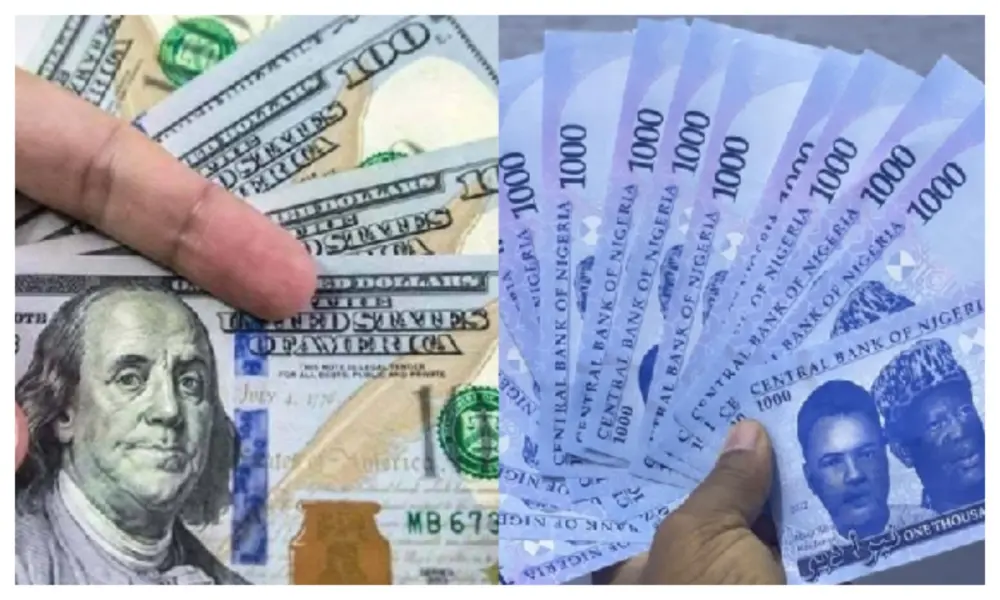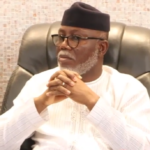Nigeria’s Currency Shed N29, Exchanges for N1,629 to $

The Nigerian foreign exchange market came under intense pressure on Monday, with the naira weakening to a new low of N1,629 per dollar at the official market.
This decline marks a N29 depreciation from the N1,600/$1 rate reported at the close of trading on Friday.
Despite aggressive interventions by the Central Bank of Nigeria (CBN), the naira continues to struggle against the US dollar.
Earlier in the day, the CBN sold
124 million at rates between N1,595 and N1,611 in a bid to stabilize the market.This follows a similar interventionon Friday, where the bank sold 197 million.
The sustained depreciation of the naira suggests that dollar demand remains high, and market unease is growing. The development is attributed to the reaction of global financial markets to new US tariff threats, which have sparked concerns about the impact on international trade and economic growth.
Analysts believe that the CBN’s interventions, although significant, may not be enough to stem the tide of the naira’s decline. “The CBN’s efforts to stabilize the forex market are laudable, but the fundamental issues driving the demand for dollars remain unaddressed,” Until we see a significant improvement in our export earnings and a reduction in our reliance on imports, the naira will continue to face pressure.
The decline of the naira has far-reaching implications for the Nigerian economy, including higher import costs, increased inflation, and reduced purchasing power for consumers.
Businesses that rely heavily on imports, such as manufacturers and construction companies, are likely to be affected the most.
In a statement, the CBN attributed the depreciation to “speculative activities” and assured the public that it would continue to monitor the market and take necessary steps to ensure stability.
However, market watchers remain skeptical, citing the need for more drastic measures to address the underlying issues driving the naira’s decline.
As the forex market continues to face pressure, the Nigerian government is under increasing pressure to implement policies that will boost export earnings, reduce import dependence, and attract foreign investment. The government has announced plans to increase funding for key sectors such as agriculture and manufacturing, but the implementation of these plans remains a major challenge.
As the situation continues to unfold, market watchers will be closely monitoring the CBN’s next move and the government’s response to the crisis. One thing is certain, however: the Nigerian economy is at a critical juncture, and the fate of the naira will have far-reaching implications for the country’s economic future.









